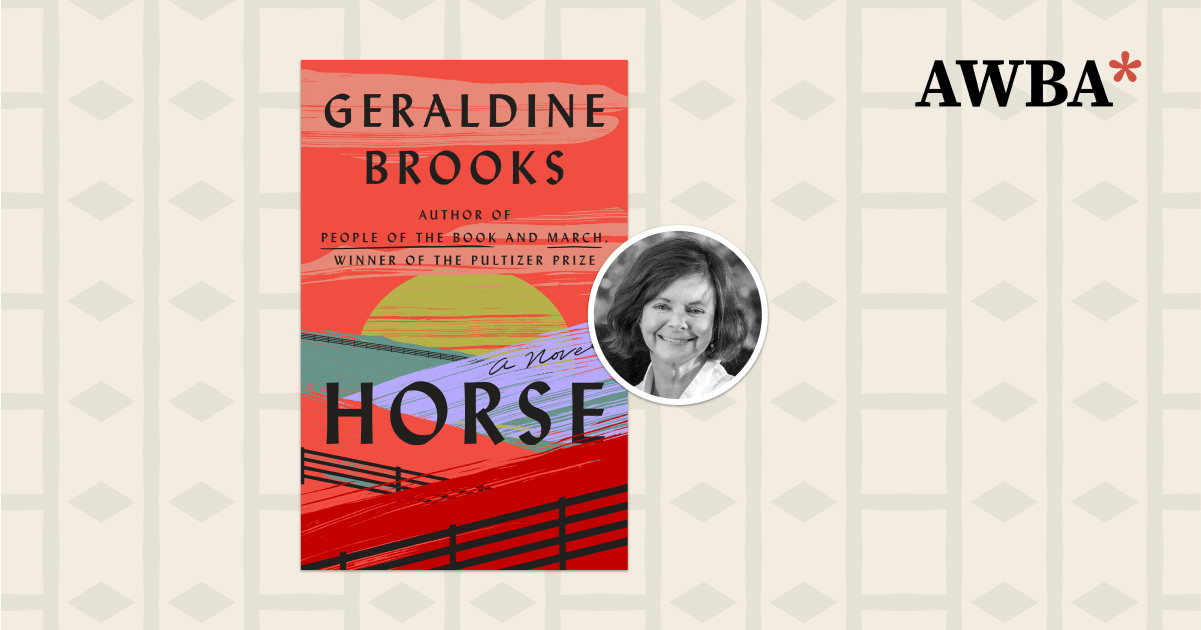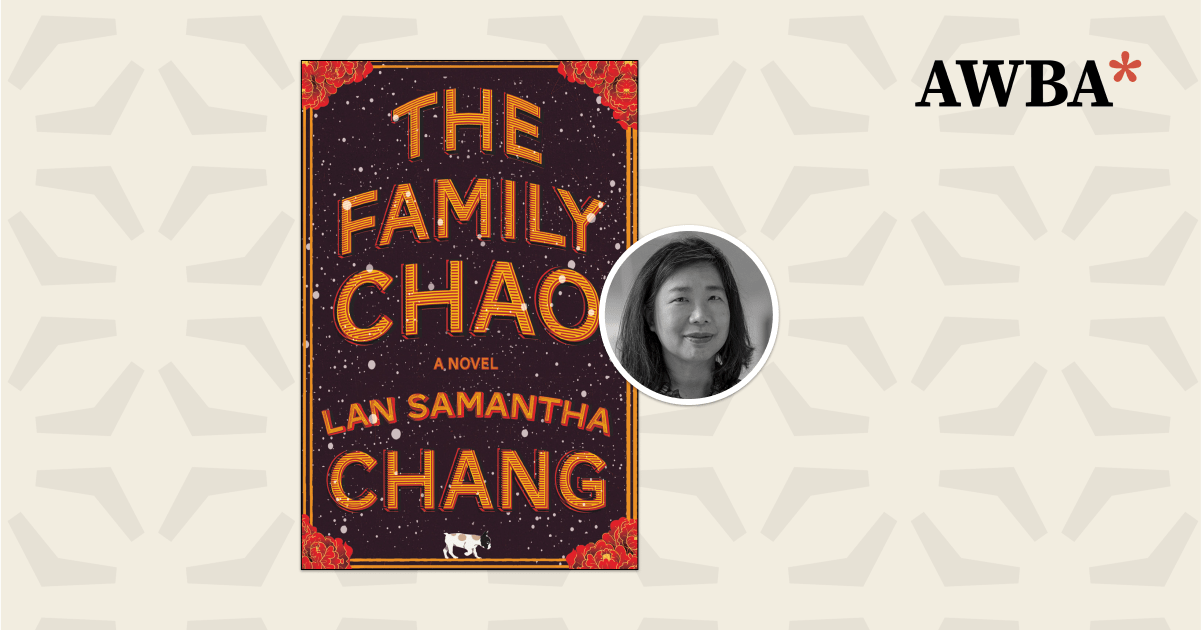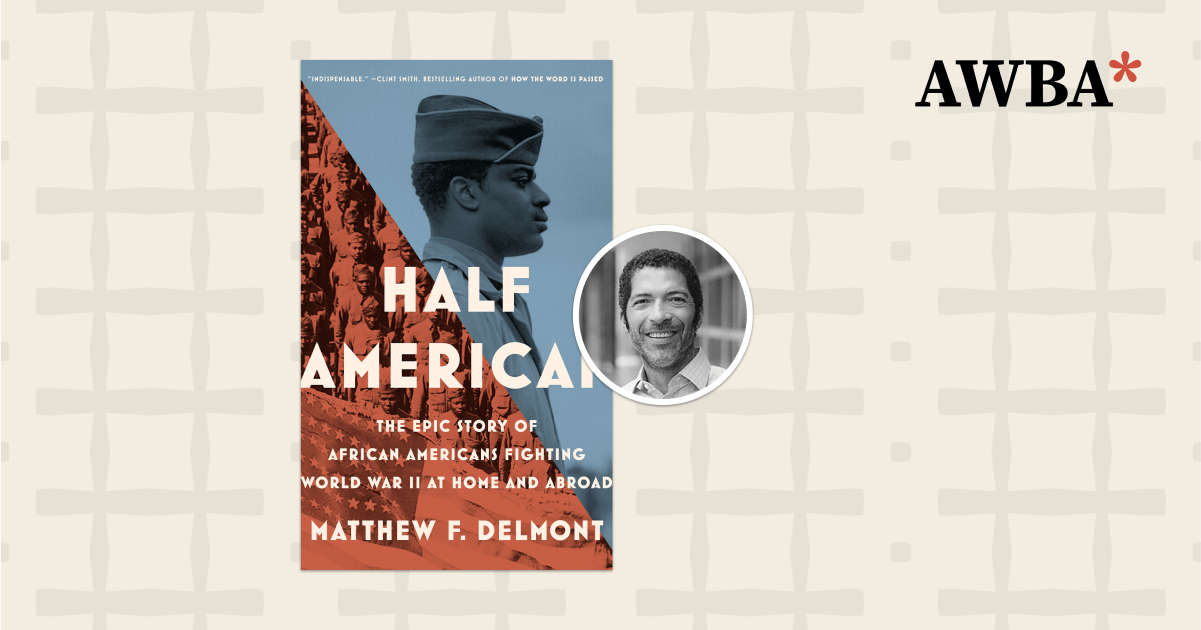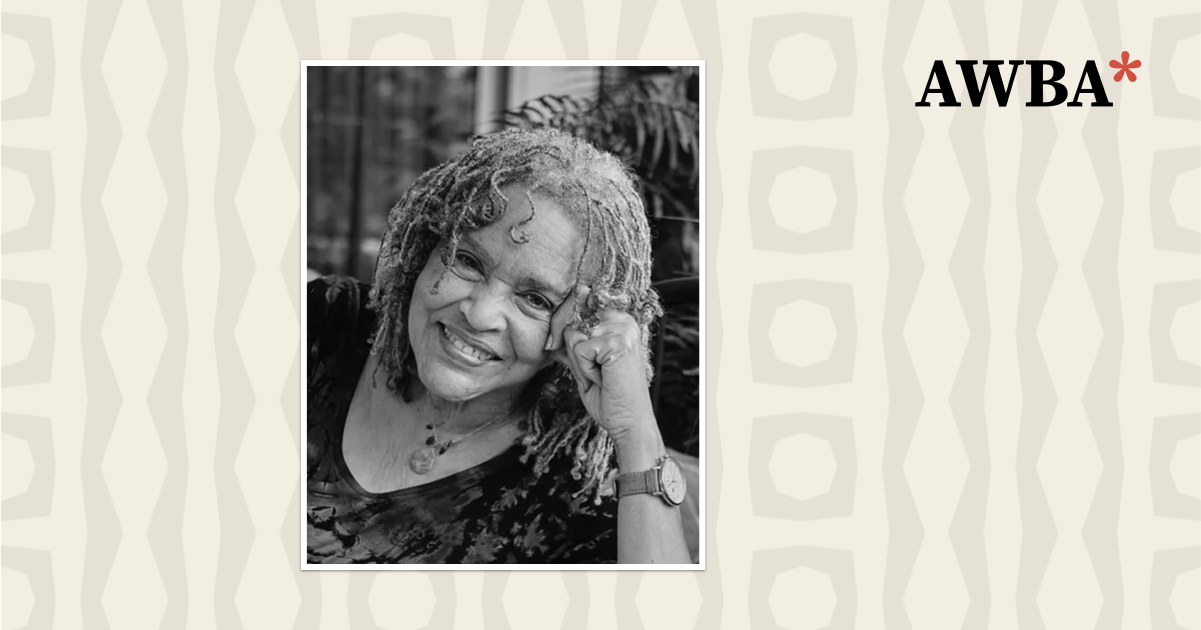The Cleveland Foundation today announced the winners of its 88th Annual Anisfield-Wolf Book Awards. The 2023 recipients of the only national juried prize for literature that confronts racism and explores diversity are:
- Geraldine Brooks, “Horse,” Fiction (Viking)
- Lan Samantha Chang, “The Family Chao,” Fiction (W.W. Norton)
- Matthew F. Delmont, “Half American: The Epic Story of African Americans Fighting World War II at Home and Abroad,” Nonfiction (Viking)
- Charlayne Hunter-Gault, Lifetime Achievement
- ·Saeed Jones, “Alive at the End of the World,” Poetry (Coffee House Press)
Members of the Anisfield-Wolf jury — chair Henry Louis Gates Jr., poet Rita Dove, novelist Joyce Carol Oates and psychologist Steven Pinker — salute the new class in the video below.
ABOUT OUR WINNERS

Fiction
Geraldine Brooks, 67, crafted her ninth book, “Horse” to imagine the relationship between Lexington, a legendary antebellum American racehorse, and his Black groom, Jarret, as the stallion rises to greatness. The novel toggles between the 1850s, the 1950s and 2019, where a pair of young D.C. intellectuals are caught up in the horse’s story through art and science. What resulted, according to Anisfield-Wolf Book Awards Jury Chair Henry Louis Gates Jr., is “a dazzling achievement, a brilliant example of how to turn historical events into a fiction that stands on its own.” Brooks won the Pulitzer Prize in fiction in 2006 for “March.” A native of Australia, she graduated from the University of Sydney before working as a reporter for The Sydney Morning Herald. Brooks went on to earn her master’s degree from the Columbia University Graduate School of Journalism and worked as a foreign correspondent for The Wall Street Journal. She lives in Martha’s Vineyard, Massachusetts and was named an Officer of the Order of Australia in 2016.

Fiction
Lan Samantha Chang, 58, crafted “The Family Chao” – which earned a spot on Barack Obama’s 2022 summer reading list – as a comedic retelling of Dostoyevsky’s “The Brothers Karamazov” through the lens of a dysfunctional Chinese-American family. They own a restaurant in small town Wisconsin until the patriarch is murdered and others rush to impose a sinister twist on their American dream. Anisfield-Wolf Juror Joyce Carol Oates extolled the novel as “an outstanding work of fiction”’ that she found to be exceptionally accomplished and ambitious. Chang has directed the Iowa Writers’ Workshop for 17 years. She graduated from Yale University and the Kennedy School of Government at Harvard University. She herself is a graduate of the University of Iowa Writers’ Workshop and was a Wallace E. Stegner Fellow at Stanford University. The American Academy in Berlin, the National Endowment for the Arts and the Guggenheim Foundation all granted her fellowships. Earlier books include “All is Forgotten, Nothing is Lost” and “Hunger.” She lives with her husband and daughter in Iowa City, Iowa.

Nonfiction
Matthew F. Delmont, 45, is a historian whose “Half American: The Epic Story of African Americans Fighting World War II at Home and Abroad” explores the vital contributions that Black men and women made to the United States’ victorious effort in World War II, only to return home to find segregation and racism athwart their schools, communities and jobs. “The role of African Americans in World War II rewrites our understanding of ‘the greatest generation’ in the ‘good war,’ given the shocking discrimination and harassment of millions of patriots willing to risk their lives in it,” Anisfield-Wolf Juror Steven Pinker notes. “The tension between the America-vs-Fascism clash and the White-America-vs-Black-America clash highlights the way in which humans belong to multiple overlapping coalitions, and how a recognition of these contradictions can lead to moral and historical shifts.” Delmont received his bachelor’s degree from Harvard University and his master’s and doctorate in American studies from Brown University. He is the Sherman Fairchild Distinguished Professor of History at Dartmouth College. He lives in Etna, New Hampshire, with his family.

Lifetime Achievement
Charlayne Hunter-Gault, 81, made history and chronicled it as a journalist, author and lecturer. Alongside her high school classmate, Hamilton Holmes, she desegregated the University of Georgia in 1961 amid taunts, tear gas, vandalism and a riot. She graduated in 1963, embarking on a storied career in journalism that began at The New Yorker. She was the first Black writer for “Talk of the Town.” The assassination of Rev. Dr. Martin Luther King Jr. interrupted a brief stint in graduate school and led Hunter-Gault to join the NBC affiliate in Washington, D.C. She then went on to The New York Times – establishing the paper’s Harlem bureau – and then PBS, where she won numerous Emmy and Peabody awards. Hunter-Gault became NPR’s chief correspondent in Africa and then CNN’s Johannesburg bureau chief from 1999-2005. The following year, she published the book “New News Out of Africa: Uncovering Africa’s Renaissance.” A Peabody citation declared that she “demonstrated a talent for ennobling her subjects, and revealed a depth of understanding of the African experience that was unrivaled in Western media.” Hunter-Gault, mother of daughter Suesan Stovall and son Chuma Gault, currently lives in Sarasota, Florida, with her husband, Ronald Gault.

Poetry
Saeed Jones, 37, is a Pushcart Prize-winning poet and writer whose first collection of poetry, “Prelude to Bruise,” was a 2014 finalist for the National Book Critics Circle Award. His 2019 memoir, “How We Fight for Our Lives,” won the Kirkus Prize for Nonfiction. “Alive at the End of the World,” Jones’ second collection, contains 46 poems that sweep from strict verse to prose paragraphs. Anisfield-Wolf Juror Rita Dove calls the book “an aching reminder that a queer Black man leads a meta existence; he cannot live without thinking about living, constantly negotiating the everyday with an eye to the peril that can intrude at any time, from police violence to the minutest reactions from highbrow bigots.” Jones, who moved from New York City to Columbus, Ohio in 2019, received his bachelor’s from Western Kentucky University and his master’s from Rutgers University-Newark. He was the founding LGBTQ editor and the executive culture editor at BuzzFeed.